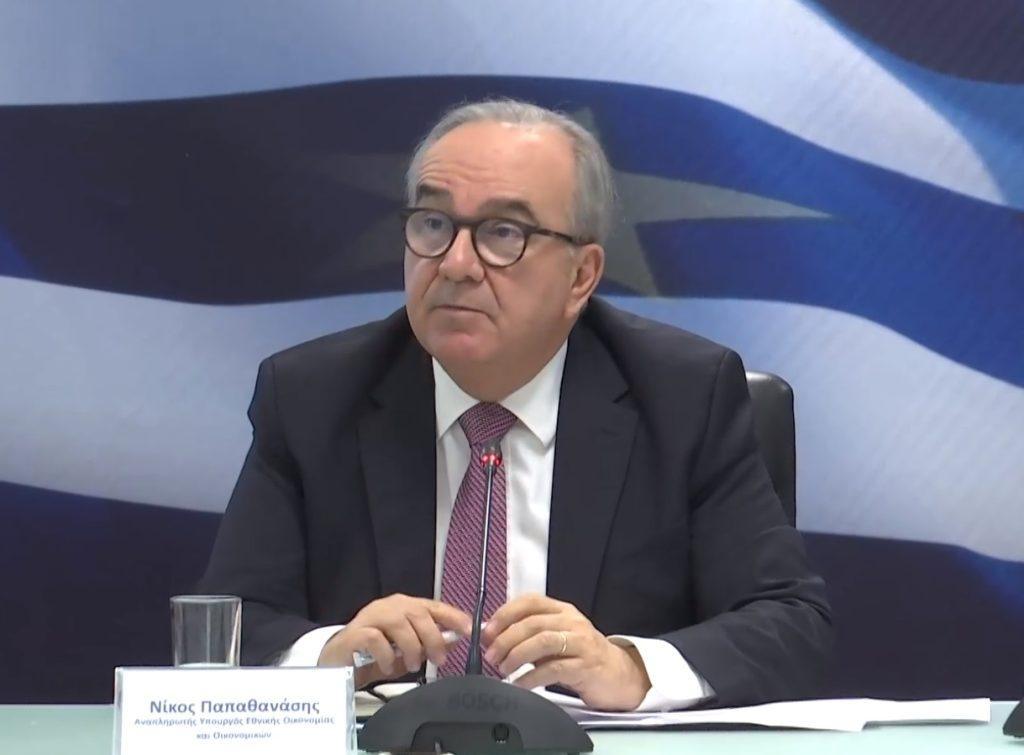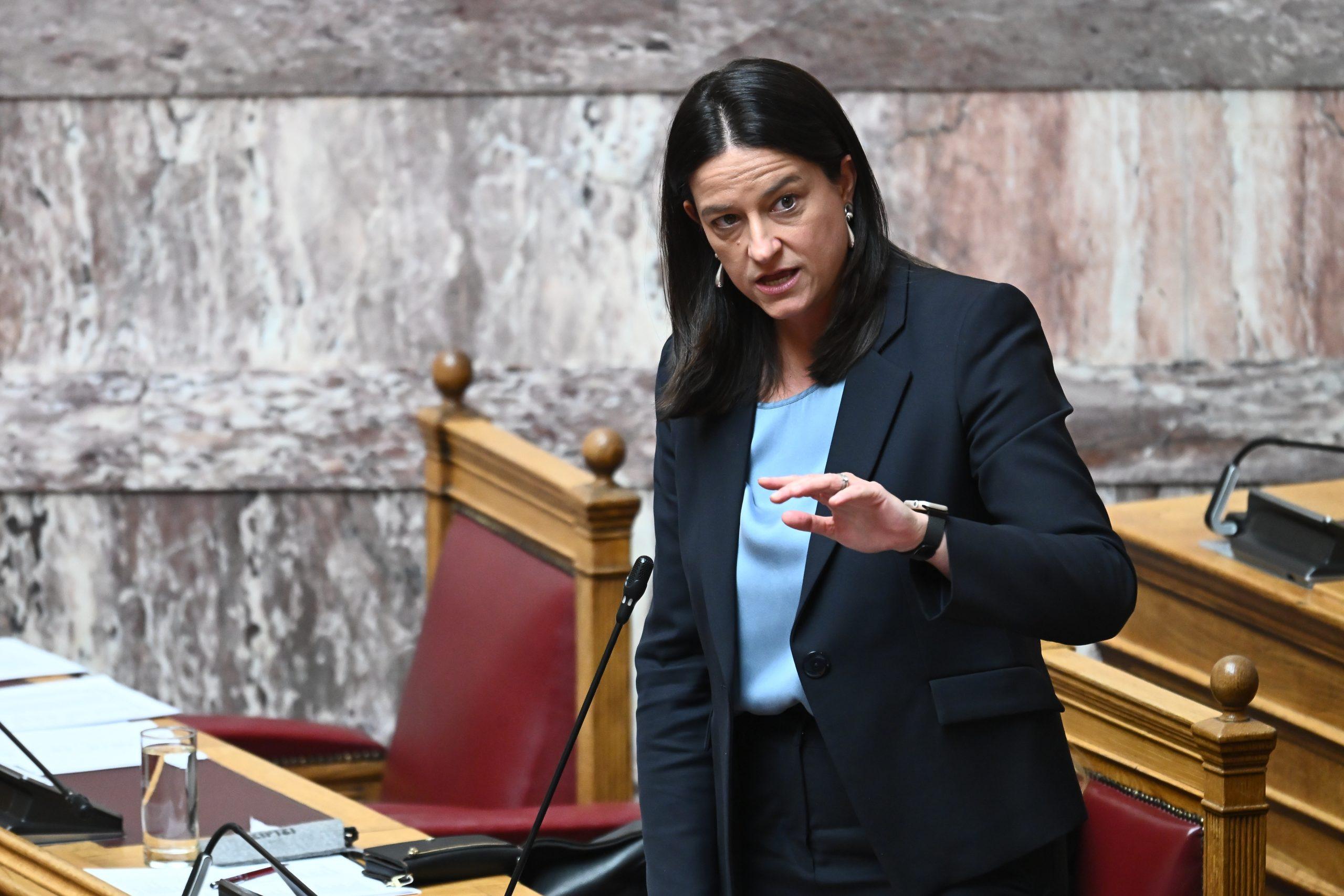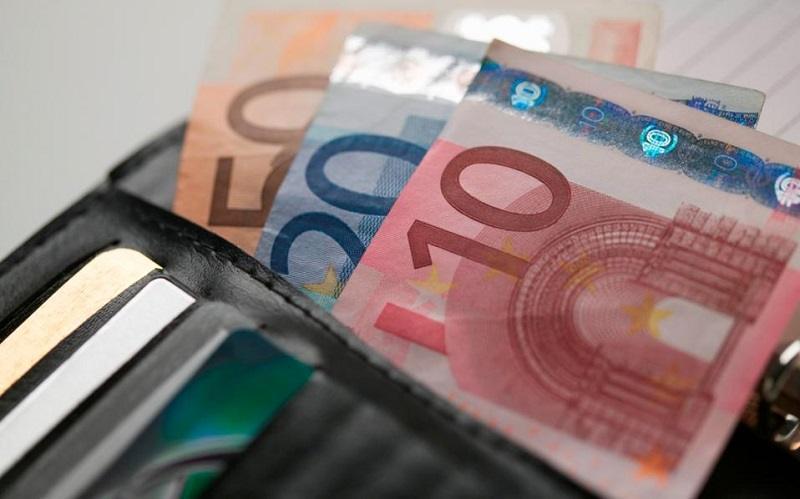Decarbonising some parts of our economy is a little like long-distance shipping: we know the destination, and we would love to get there overnight, but there’s still a wide stretch of ocean between where we are now and where we’re going.
I have no intention of suggesting that EU shipping cut its emissions to zero overnight. It is challenging for regulators and industry to make the right choices now so that investment today supports the phase-out of greenhouse emissions in the long term. And all this while maintaining European leadership in shipping.
I also realise that the Greek shipping community, owners of more than 50% of the EU fleet, feels these challenges acutely.
But there is plenty to be positive about. Decarbonisation is part of modernisation, and few would argue against modernising their sector. If we make full use of innovative and digital technologies, we will gain efficiency and automatically cut emissions while staying ahead of the competition. So, decarbonisation is not only a cost, but it also presents a business opportunity.
Let us not forget that EU manufacturers are also at the forefront of global industries for low-carbon technologies. By embracing such new technologies early on, EU-based shipping companies are putting themselves ahead of the game in a race to more efficient and cleaner transport in the years and decades to come.
I was impressed to see the world’s first ammonia-fuel-ready vessel, Kriti Future, delivered at Avin International and sailing under the Greek flag.
For small, fully electric passenger ships connecting the islands, battery energy storage systems look promising, including for peak shaving and ancillary services.
Innovation and decarbonisation will not materialise without significant investments.
For those decarbonisation technologies that are not yet mature, the Commission set up the Zero Emission Waterborne Transport Partnership. Together with the industry’s Waterborne Technology Platform, it will accelerate the process of market testing and deployment. Benefiting from €530 in public funding and mobilising €3.3 billion in private investment, the Partnership is charged with developing and demonstrating deployable zero-emission solutions for all main ship types and services by 2030. I trust the Greek shipping community will support the Partnership and its ambition.
At the EU level, further significant funding is available to support innovation and modernisation in shipping. The European Investment Bank Green Shipping Programme Loans supports shipbuilding. At the same time, clean maritime shipping projects are eligible for the Recovery and Resilience Facility, through the Member States’ Recovery and Resilience Plans. In fact, Greece is one of the few Member States using this opportunity, financing the upgrade of regional ports and a study on renewing and decarbonising Greece’s passenger fleet.
An integrated approach, combining regulatory and financial instruments, technical standards and market instruments, research and industrial policy, is the only way forward as we transition to greater sustainability. The numerous initiatives underway give me great confidence about the future.
Posidonia 2022 will be an excellent opportunity for the industry to demonstrate its commitment, and I am glad to join you in Athens for its opening.
Adina Vălean, Commissioner for Transport



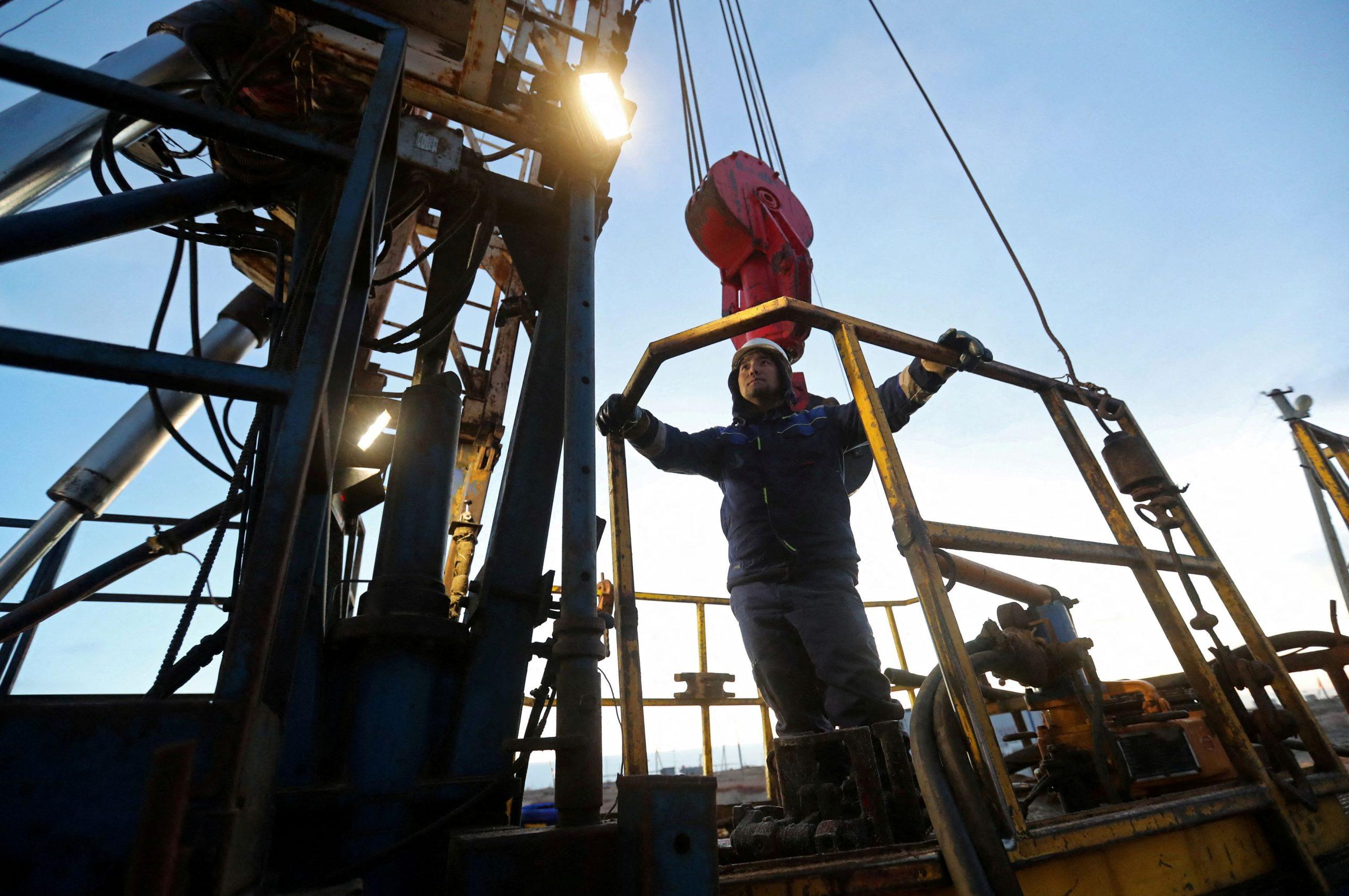
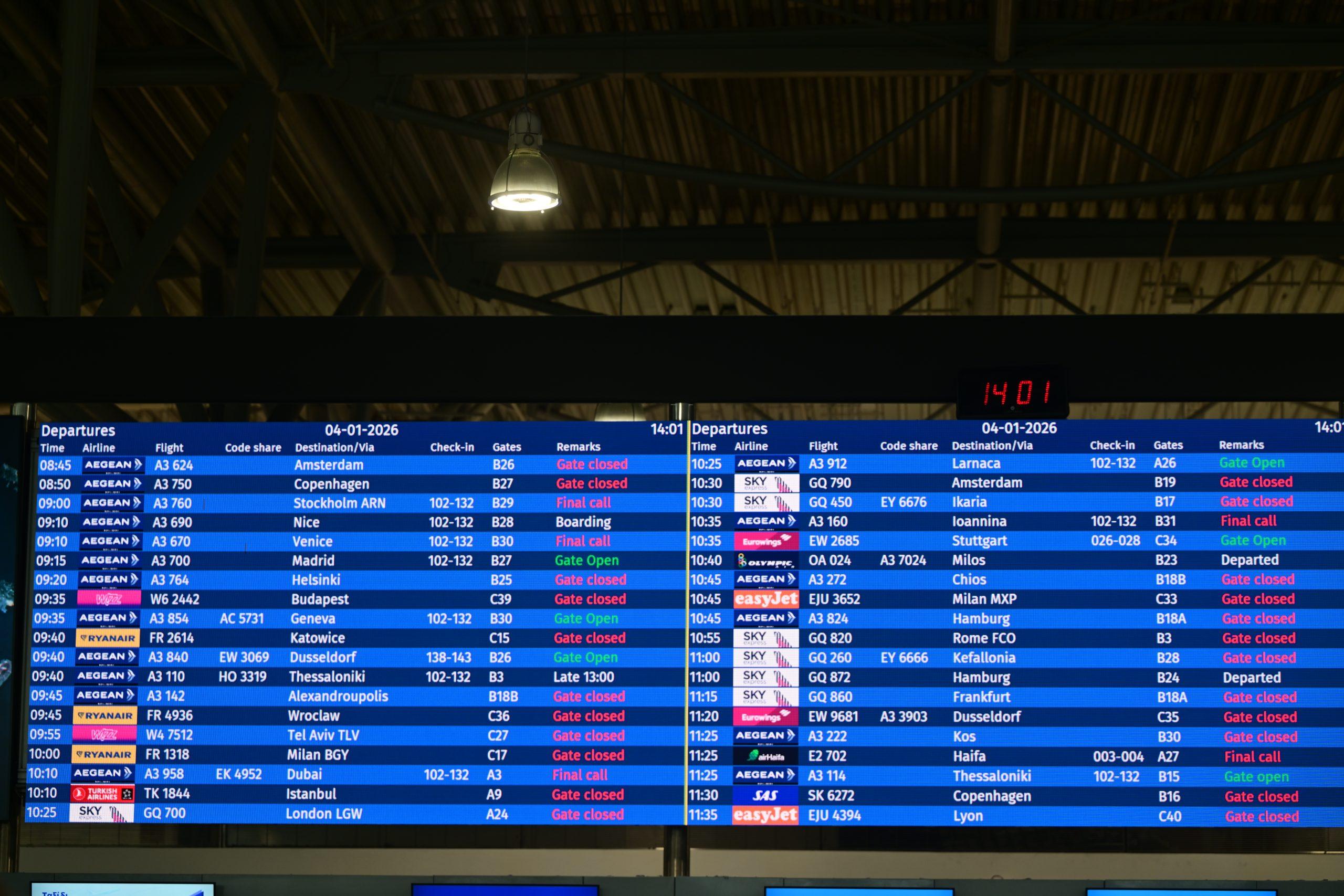

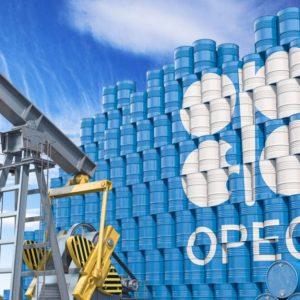



![S&P: Παραμένουν οι εξωτερικές ανισορροπίες στην Ελλάδα [γραφήματα]](https://www.ot.gr/wp-content/uploads/2025/12/Greek-Economic-Sentiment-1024x638-2-300x300.jpg)



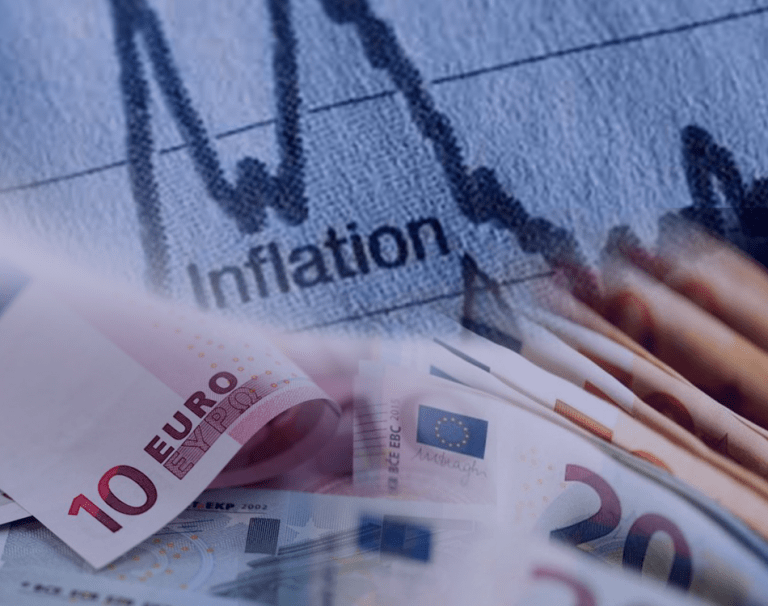












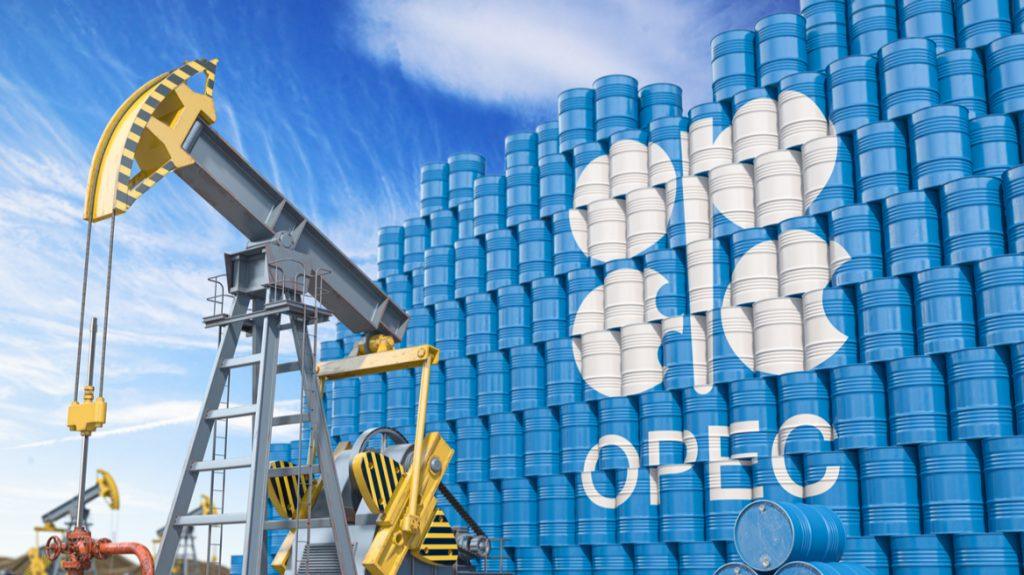



![S&P: Παραμένουν οι εξωτερικές ανισορροπίες στην Ελλάδα [γραφήματα]](https://www.ot.gr/wp-content/uploads/2025/12/Greek-Economic-Sentiment-1024x638-2.jpg)

